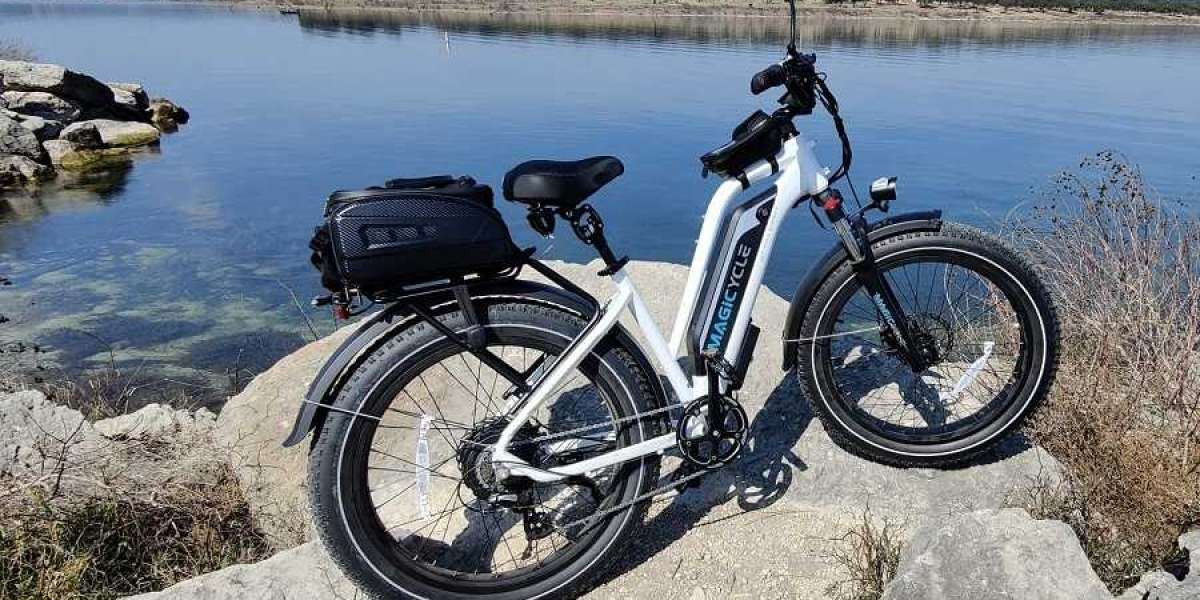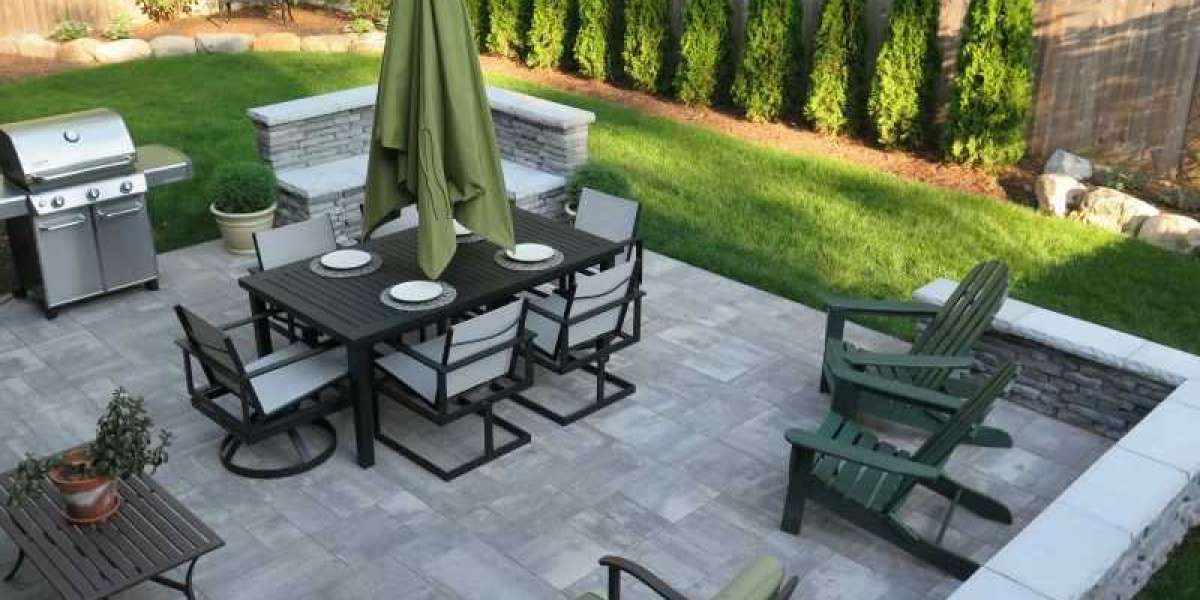With many price points and build options, a hardtail and a full suspension electric mountain bike might cost the same. There are a variety of factors as to why a rider would choose one or the other. Ordinarily, hardtails are cheaper than full suspension ebikes, but when you reach parity on price, you can choose between both. The question comes down to both value and riding style.
By definition, hardtails are lighter than even the best full suspension electric mountain bikes. Without a shock and rear suspension linkage, they weigh less due to greater mechanical simplicity. The cost saving of not having that rear shock and linkage system can be spent on other parts of the best hardtail electric mountain bike package such as a better fork, lighter wheels, or a more potent drivetrain. In theory, you could buy a much lighter hardtail mountain ebike with better components for the same price as a full suspension ebike with similar fork travel.
But will you necessarily enjoy a hardtail? There is no question that even an entry-level full suspension electric mountain bike is easier and more forgiving to ride on trails than any hardtail. You can run the largest 29 x 2.6 inch rear tire, but nothing is going to compensate for that fixed rear triangle on a hardtail compared to the suspension travel of a linkage-driven shock when rolling over rough terrain.
With many different types of mountain ebikes on offer, choosing between a hardtail and full suspension ebike can be confusing, so here we break it down for you.
Hardtail electric mountain bikes
If you are concerned about the future cost of bike maintenance, or live in a geography where muddy rides are the norm, any hardtail is much cheaper to own. Full suspension ebikes require shock services and linkage bearing replacements, which can rapidly add to the cost of ownership if you often ride in boggy conditions.
The hardtail is also more adaptable for riders who use their mountain bike as an all-purpose cycling vehicle. It makes for a much better commuter ebike and can easily be configured for touring.
Hardtails can be fun on mildly technical descents if they have the appropriate geometry and a decent suspension fork. If you suffer from any legacy injuries, lower back or knee/ankle issues, the reality is that a hardtail will be tough on your body.
Full suspension ebikes will not only absorb the bigger hits when you land a jump or drop-off incorrectly, saving your ankles and hips from strain, they also mute trail buzz. You’ll know how fatiguing rear-wheel terrain vibration can become after an hour if you have ever ridden on a rutted gravel road.
Full suspension electric mountain bikes
Mountain bikers carrying some injury tension will always be more comfortable on a full suspension ebike on any terrain. For those riders who are healthier, wish to develop their skills, and explore more demanding trails, the full suspension electric mountain bike is a much safer passage to progression.
Going over the bars (OTB) is a nightmare scenario for any rider, and with hardtails, that risk is significantly heightened in steep technical terrain. Once you run out of front fork travel, there is no suspension action in the rear to defuse the balance point momentum of a potential OTB moment. Full suspension electric bikes are more forgiving and less likely to buck a rider over the bars.
If you live in an area where most of the trails are smooth and flowing, the difference between a hardtail and a full suspension ebike is marginal. Riders who pedal a fair distance to get to their trailhead could be advised to opt for a hardtail, which has lower maintenance and is more efficient at converting energy to forward momentum.
Rocky and rooty trails can become a bit more of a challenge on any hardtail, however. This is where even a short-travel full suspension ebike gives much better confidence and control. While you will probably develop more ‘correct’ jumping and drop-off techniques learning on smooth skills tracks on a hardtail, for repetitive hits, a full suspension ebike is going to be kinder on your body.
If you are in great physical condition, ride throughout winter, frequent buffed trails and like to use your mountain ebike as a dual-purpose commuter, a hardtail is ideal.
For those riders who live close to a trailhead or don’t mind driving to trail venues, the dual suspesnion electric mountain bike will be comfier and faster on all grades of technical singletrack. This is especially true if you are nursing some age- or injury-induced physical conditions.
If you have a set budget and ride smooth trails in all weather conditions, totaling massive yearly mileages, get a hardtail.
Like the idea of hitting some small drops and rushing rock gardens? The full suspension option will be better for you, but you’ll be buying a notably heavier bike for the same money.



